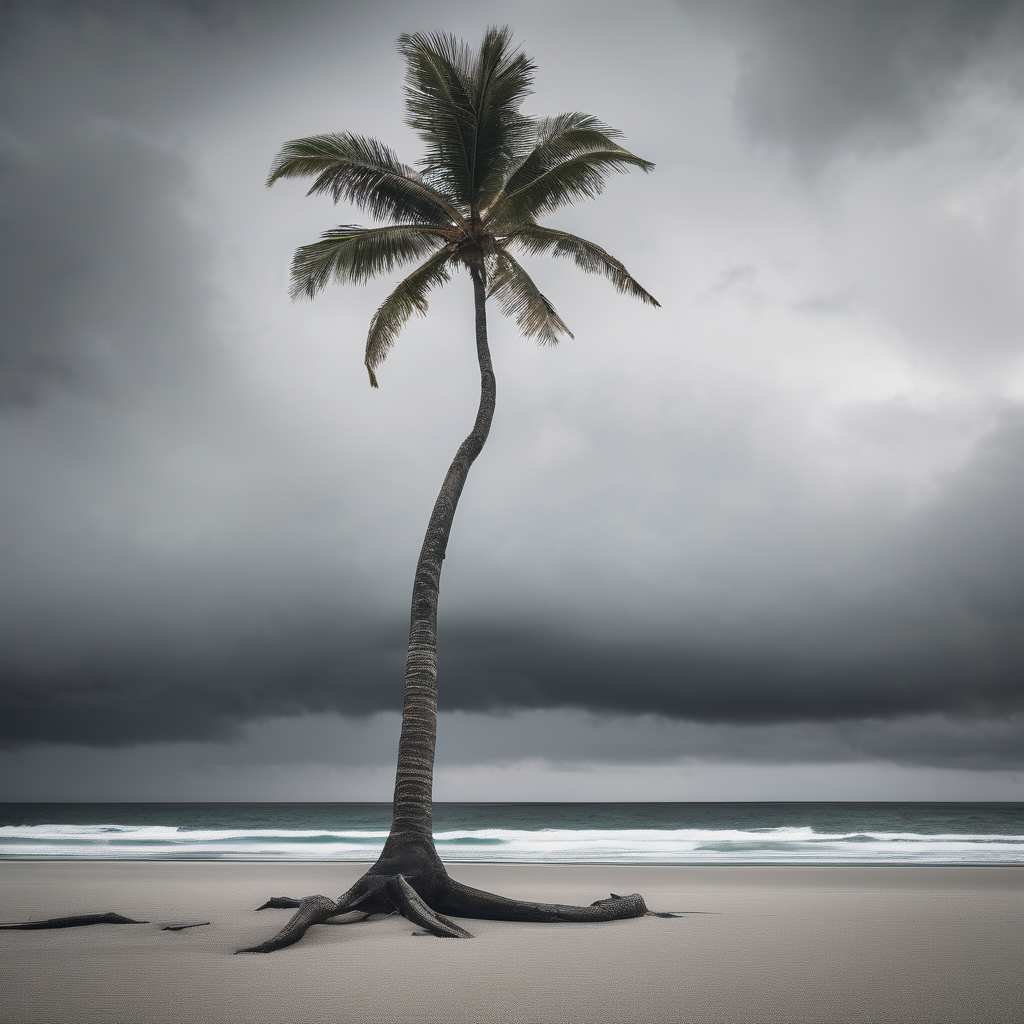The United States has made various promises of assistance to the Pacific Islands through the Pacific Islands Forum, but for those living in these vulnerable nations, such commitments often seem insubstantial or unfulfilled. Residents grapple daily with the devastating effects of climate change, remnants of past wars, and the legacy of nuclear testing. The support pledged by the U.S. frequently feels far from adequate, leaving island communities to confront dire circumstances alone.
As the water levels rise, communities are watching their once-vibrant shores disappear, wells become contaminated, and vital food sources threatened. The urgency of climate change is a lived reality for Pacific Islanders, starkly contrasting with distant feel-good promises of funding and technological support that rarely materialize. The immediate threat of climate-related disasters looms large as homes become increasingly exposed to the encroaching ocean, while the traditions and cultures that define these communities erode with each passing year.
Moreover, the burden of unexploded ordnance from past military conflicts adds a layer of danger and unease. Many areas remain littered with destructive remnants of wars fought long ago, causing fear and hindering development efforts. While the U.S. has expressed intentions to aid in clearing these hazards, the pace of action has been slow, causing frustration and concern among the affected populations.
The scars of nuclear testing further complicate the landscape. The legacy of radiation exposure has inflicted ongoing health issues, with compensation efforts from the U.S. consistently falling short. The call for justice resonates deeply with Pacific Islanders, who feel their struggles and stories are often overlooked in the geopolitical arena.
As highlighted by Judy Power, a resident and advocate from the region, the sentiment is clear: the Pacific Islands and their residents deserve more than mere assurances; they need tangible support, accountability, and a commitment to justice. The U.S. is urged to recognize the plight of these vibrant communities as not just collateral in international politics, but as deserving nations with rich cultures and significant histories facing existential threats.
Echoing this call, many leaders across the Pacific are actively seeking stronger commitments from global powers, emphasizing the pressing need for effective climate action and reparations for past harms. Engagement in international platforms, such as the pursuit of a seat on the United Nations Human Rights Council, reflects an awareness of the necessity for collective action and advocacy for future generations.
Despite the immense challenges they face, the resilience and determination of Pacific Islanders shine through. Throughout the ongoing dialogues, there is a shared hope and commitment to rectify past injustices and to foster a sustainable future. Local-led initiatives aimed at climate adaptation and remediation underscore a proactive approach to both environmental and social justice, emphasizing that survival is possible with concerted action and genuine support from global partners.
